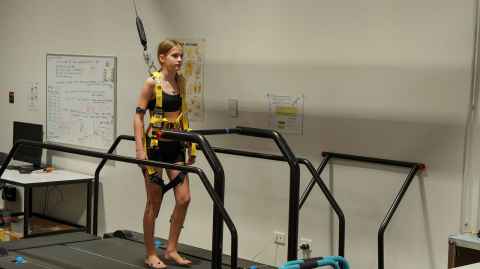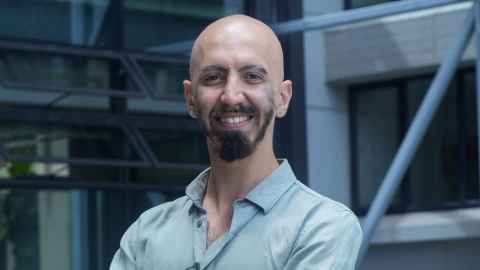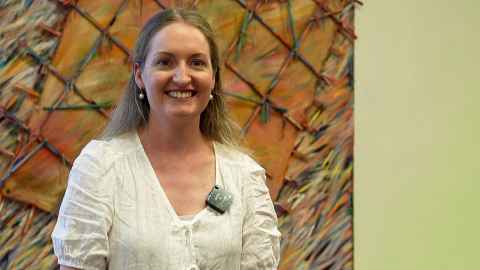Waipapa Taumata Rau | University of Auckland

Enrolments are open
If you’ve applied and accepted your offer of study, you can enrol now for your 2026 courses.
Enrol nowAko tahi ki a mātou | Study with us

Application status
Now that NCEA results have been released, find out how to check your application status.
Find out moreNgā taumata ako | Study levels

Tūhuratia | Discover
No.1 ranked NZ University
Ranked in the top 100 universities worldwide, we're also the top ranked university in New Zealand.
Find out moreRangahau me te auahatanga | Research and innovation

Mātātaki | The Challenge
How researchers are taking on the big challenges facing New Zealand and the world.
Read more












